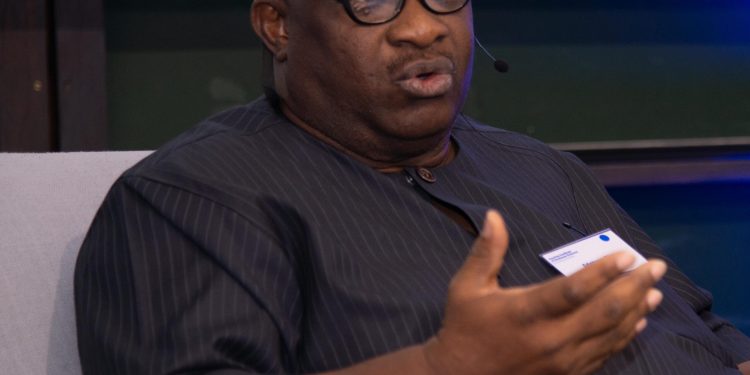At a symposium organized by the Human Rights Journalists Network Nigeria (HRJN) to commemorate the 2024 World Press Freedom Day, media experts and human rights activists bemoaned the shrinking civic space and rising cases of assault, unlawful arrests, and detention of journalists across Nigeria.
Delivering his keynote address at the symposium, Mr Edetaen Ojo, Executive Director of Media Rights Agenda, revealed that his organization has recorded at least 45 cases of attacks against journalists and media houses within the first year of President Tinubu’s administration alone.
Mr Ojo expressed concern that these attacks have persisted despite constitutional provisions guaranteeing freedom of expression and a free press in Nigeria. He highlighted the problematic nature of Section 2 of the 1999 constitution, which, though domesticating international laws on free speech, remains unenforceable in Nigerian courts.
To address this issue, Ojo advocated for the formation of a “solidarity movement” that would unite journalists and newsrooms in responding uniformly to any attack, oppression, or threat against media practitioners, regardless of affiliation.
“Journalists must learn to stage a walkout from an event where their colleague is being put down or embarrassed,” Ojo stated.
“Nobody will come for you if you can’t stand up for your own.” He added.
Mr Ojo further cited the recent detention of Ojukwu Justin Daniel, a reporter with the Foundation for Investigative Journalism (FIJ), and the confrontation between an AriseTV reporter and the Minister of Works as incidents that should galvanize solidarity among journalists.
The proposed solidarity movement would involve amplifying factual stories objected to by officials, providing legal support, and refusing to be complicit in the mistreatment of colleagues.
Mr Kehinde Adegboyega, the Executive Director of HRJN, emphasized the importance of such convergences in resisting oppression and advocating for the preservation of fundamental rights enshrined in the constitution and international human rights instruments.
Speaking on the theme of the WPFD 2024 “A Press for the Planet: Journalism in the Face of the Environmental Crisis,” Adegboyega said “as journalists, we are not just chroniclers of events, but watchdogs, holding power to account and ensuring the voices of the marginalized are heard.
Today, that role extends to the very planet that sustains us. The environmental crisis is not a distant threat – it’s a present reality impacting every corner of the globe, and Nigeria is no exception.
He called for collaboration and partnerships to “share best practices, and advocate for a safe and enabling environment for journalists who hold the environmental line. Together, with unwavering commitment and a united voice, we can empower the press to be a beacon of truth and a catalyst for positive change in the face of the environmental crisis.”
The symposium was organized by HRJN in collaboration with UNESCO Nigeria, the Office of the High Commissioner for Human Rights, and the United Nations Information Centre (UNIC).

